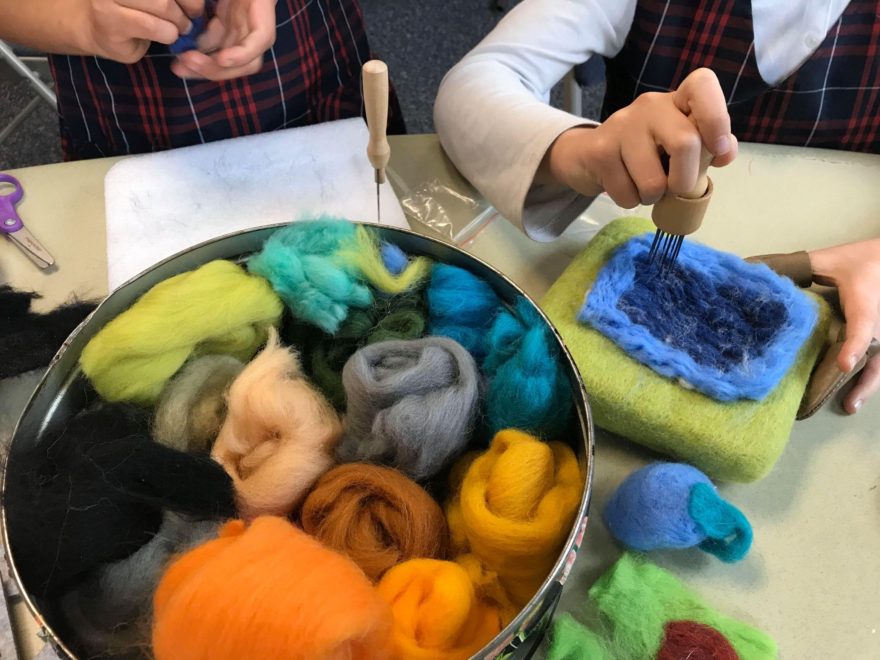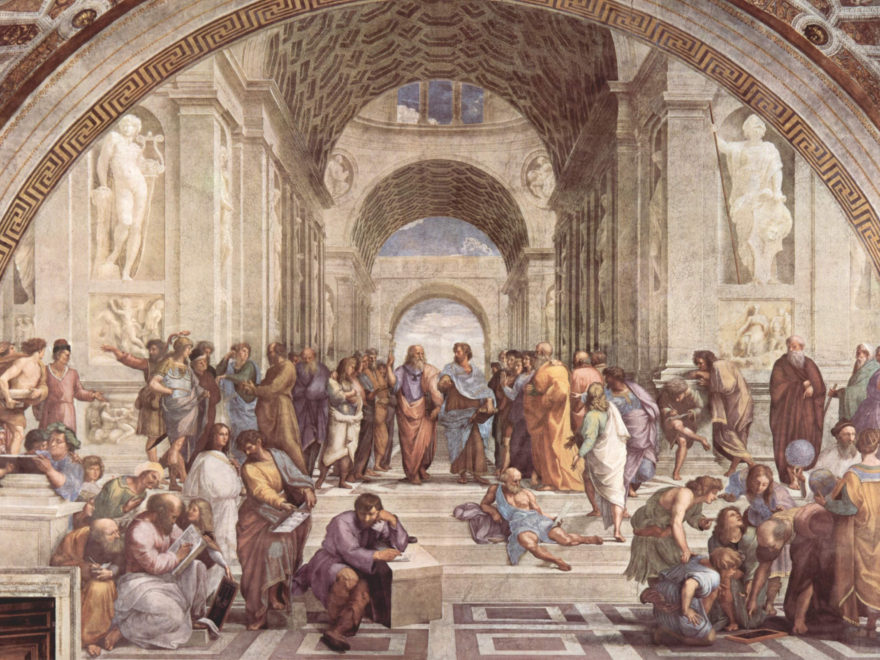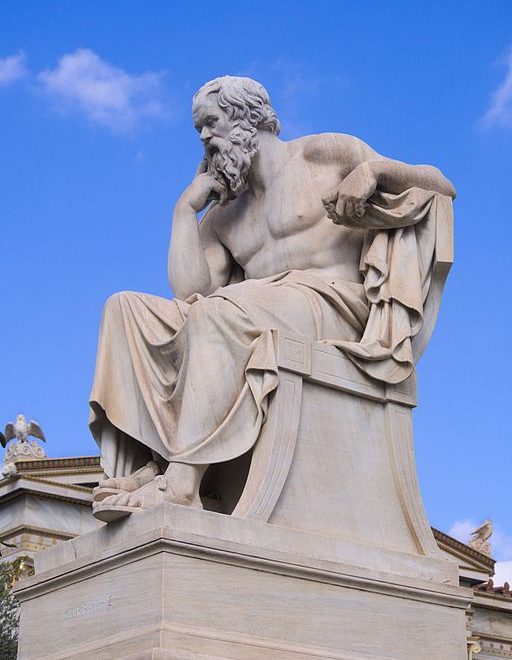Tag: habits
-

Moral Virtue and the Intellectual Virtue of Artistry or Craftsmanship
It might seem strange after the paradigm delineated above to focus our attention back on intellectual virtues alone, just after arguing for the holistic Christian purpose of education: the cultivation of moral, intellectual and spiritual virtues. But it is impossible to do everything in a single series or book. The cultivation of moral virtues requires…
-

Human Development, Part 1: What Do You Have in Mind?
A sound pedagogy requires a good understanding of anthropology (the study of human beings including our nature, our biology, our behavior and our social patterns) and of epistemology (the study of the nature of knowledge and how humans experience and acquire knowledge). One way these key areas of study (anthropology and epistemology) converge pertains to…
-

Christian Education and the Calling of the Church
Every Christian family has to make the difficult decision at some point where to send their children for school. With the widespread availability of public education over the last hundred years, the conventional option for some time now has been public schooling. Here the cost for admission is free and the overall education they receive…
-

Handwork: Fostering Excellence Through the Habit of Creating
Guest post by Joleen Steel, Classical Christian Educator and Director of Camping Stick Kids We are what we repeatedly do; excellence, then, is not an act but a habit. Aristotle What do you find yourself repeatedly doing? In this digital world, it is easy to immerse ourselves in the repetition of scrolling through social media…
-

20 Quotable Quotes from the First Half of 2020 Educational Renaissance
At the end of 2019 we shared a series of memorable maxims from that year’s blog articles. As we transition toward the next half of 2020, we thought we’d do something similar and share 20 Quotable Quotes from Educational Renaissance articles January through June. These are longer block quotes that will whet your appetite for…
-

Habit Training during Online Distance Learning
Everything changed a couple months ago when school went online. At-home learning has caused every school to attempt schooling in new and creative ways. We can also get creative about habit training during online distance learning. I shared my new eBook on habit training in the classroom about a month before we stopped meeting in…
-

Charlotte Mason and the Liberal Arts Tradition, Part 2: Educating the Whole Person
What has Charlotte Mason to do with classical education? In my first blog in this series, I began exploring this question through a close reading of Kevin Clark and Ravi Jain’s The Liberal Arts Tradition: A Philosophy of Christian Classical Education. In this book, Clark and Jain offer a paradigm for understanding classical education as…
-

True Mastery: The Benefits of Mixed Practice for Learning
“Practice, practice, practice.” This mantra for learning is proclaimed across companies and schools, athletics and the arts. The widely held belief is that the key to mastering a particular skill or gaining new knowledge is relatively straightforward: Practice. Now, to be sure, practice is important, especially if it rises to the threshold of “deliberate practice,”…
-

The Search for Happiness, Part 2: The Way of Wisdom
In my previous blog, I examined how modern research, particularly through the avenue of positive psychology, confirms some of Aristotle’s insights about human beings and the well-lived life. In particular, I observed that author Shawn Achor’s definition of happiness as “the joy of striving after our potential” isn’t that far afield from Aristotelian virtue theory. …

